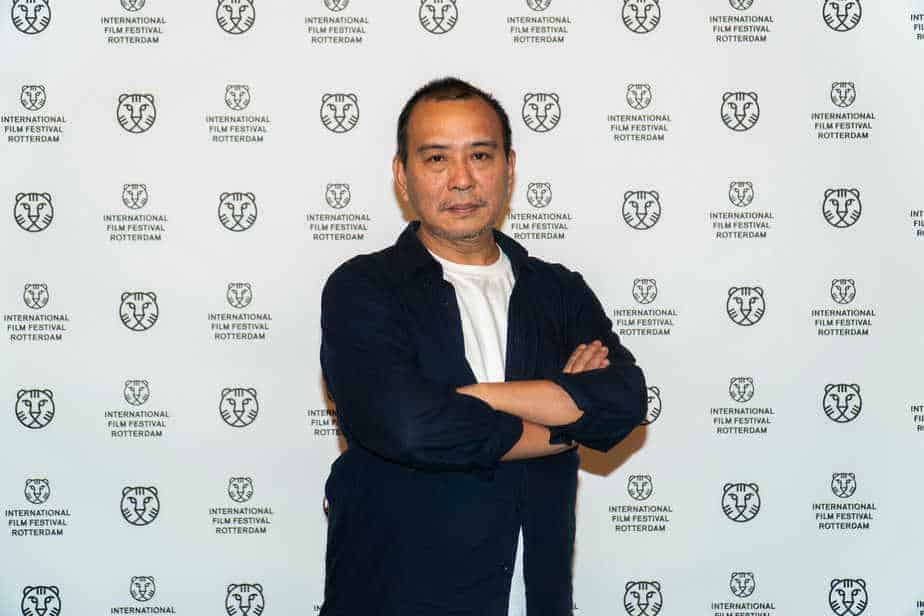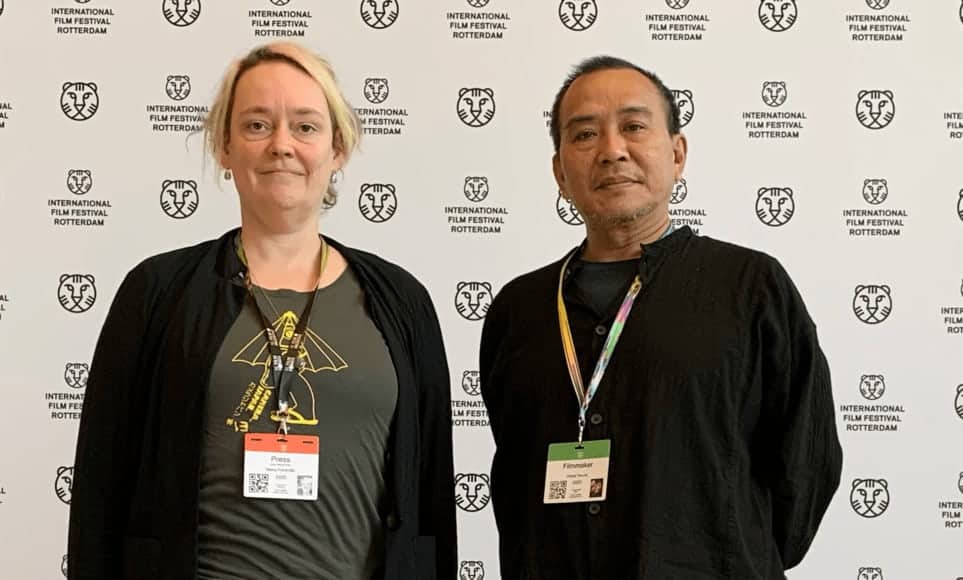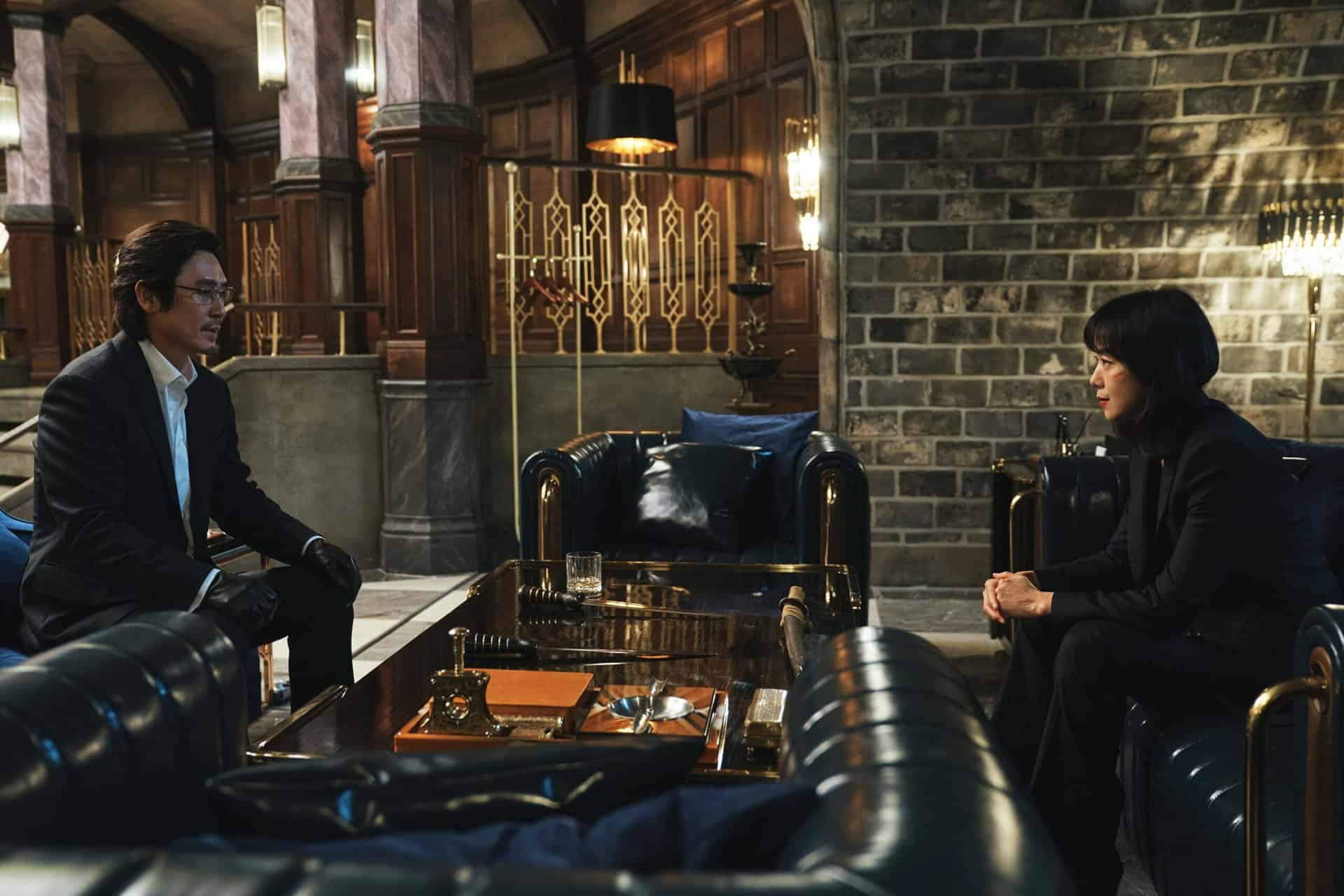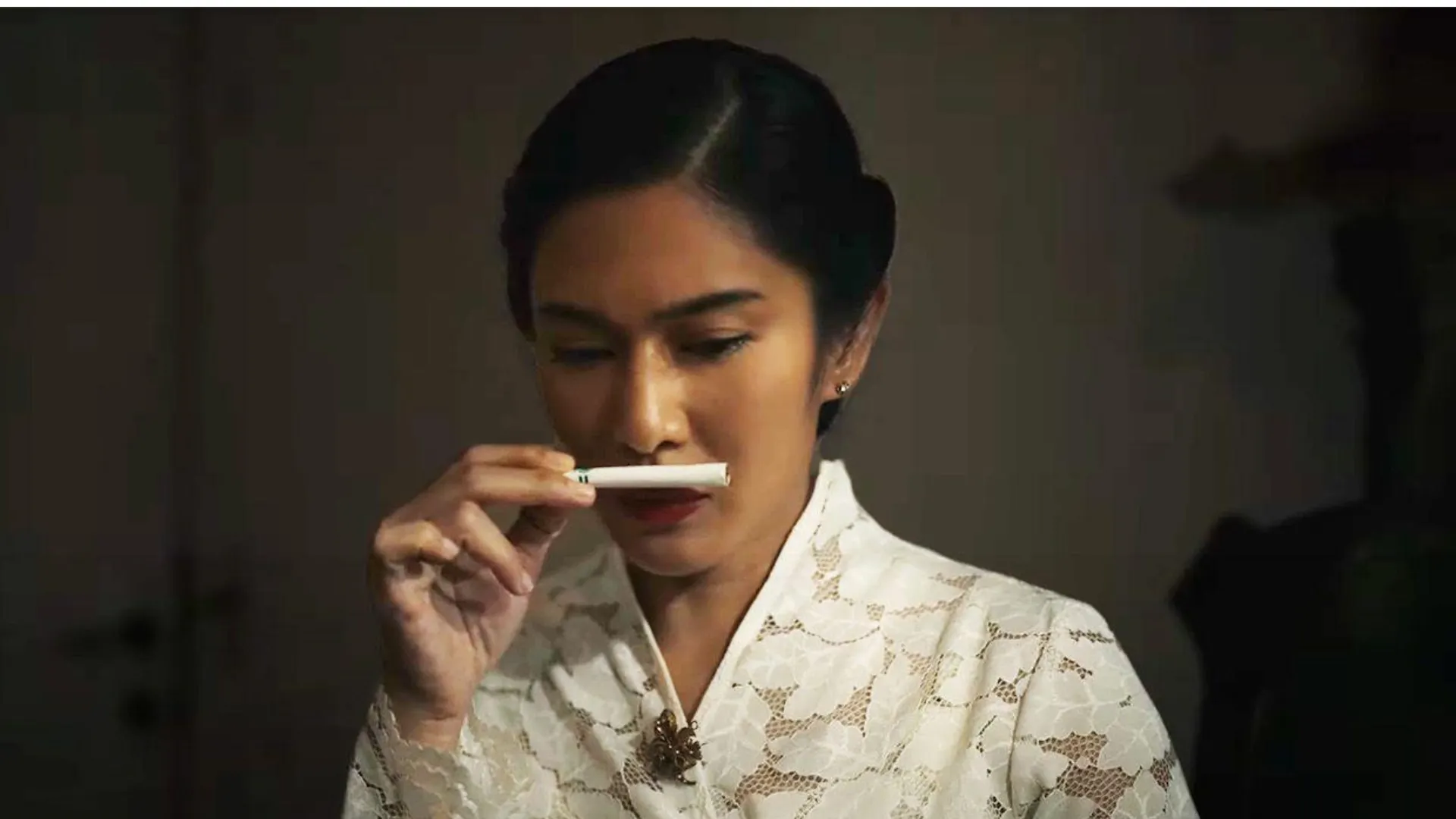By Paul Caspers
Chang Tso-chi's new film “Synapses” focuses on the three generations of the Zhang family, who live together in a soon-to-be demolished house. As the father is diagnosed with early stages of dementia, the daughter returns home from a lengthy prison stint. The youngest of the grandsons is trying to make sense of it all and makes friends with a homeless man; the long-suffering grandmother is committed to keeping the family together, but cracks when her husband goes off to visit a former lover.
Do you still follow your old method of letting the actors live together in a house before you start shooting?
Yes, always. Besides Li Meng [who plays the daughter], most of the actors had little experience. So I did this to let them get close to each other and get along as a ‘family'.
And again, you didn't let them read the full screenplay?
Same as always. Since they're mostly non-professional actors, they used their experiences living together to approach the script. It happens naturally. I only give them the script for the day we're shooting. I don't want to know what will happen every shooting day; I want my films to surprise. I'm not interested in just following the original script.
Did you let them improvise or come up with their own lines?
No, the dialogue is all mine.
Many of your productions have been plagued by financing issues, on-set troubles and problems in your personal life.
Like every time I make a film, I had many problems. But this time, some of the issues coincided: part of what I wrote in the script actually happened. My mother had the same condition as the old lady in the film [the grandfather's old lover, who has severe dementia and eventually dies]. I cared for her for five months, until she passed away, and I had to delay the shoot for months.
I thought there was a clear line between the film and my private life, but in the end I couldn't distinguish between the two. The scene with the lady, covered in feces and shouting at her son, shows exactly what my mother and I went through. All of it came back as I was editing that part of the film. I spent a full year editing and I almost gave up.
Previously, I've seldom used my own life experiences to write a script. Part of this film is directly based on what I've been through, so I've grown in that way.
What was your starting point—a concept, a character?
My own memories. Is it a good thing or bad thing if you lose your memories? When we're young, we learn a lot of things from scratch. And as life goes on, we forget if these things are good or bad.
And everyone deals with their past in his own way. The mother in the film pretends not to know a lot of things, and the child doesn't recognize his mother when she returns from prison. In my life, many people around me are still strangers to me. This is what I started with.
Why do gangsters keep appearing in your films?
I'm an only child, so I like to observe people. I often go and sit for a half hour somewhere and observe people. I like it when gangsters appear as a group in the street. They're also human beings, and they have their own family-like structure, although I'm not very interested in that. But it's also a commercial consideration. Gangsters and violence in your film attract more audiences! And I don't like to make lighthearted films.
Most of your films feature a voice-over, some only briefly. How do you decide when to use it?
The characters in “Darkness and Light” [1999] originally had voiceovers, but during the editing I decided not to use them. And I started this film with Li Meng's character's thoughts, but in the end it didn't work. So I decided to use the boy's viewpoint instead. The script changed a lot anyway. I actually took out about 80% of Li Meng's role, and the grandmother became the main character. I had to change much else too when several mainland actors ended up not participating.
You've said the original version was much longer. What was cut?
The first cut was about 180 minutes, but I don't have the patience to watch a three-hour film myself! The parts of Li Meng's character's brothers, her partner and her partner's family were mostly cut. I decided to focus on her own family.
For a time, you were known for wish-dream endings. Have you given up on those?
Maybe next time! The resolution to the films you refer to [“Darkness and Light”, “The Best Of Times”] is purely magical realism which I imposed on the plot. But for most of my recent films, I let the story evolve towards the ending naturally. Not many conscious decisions were made in that respect.
How different is the way you've been shooting your most recent films to your earliest ones?
I follow the natural light. Normally, you shoot a scene by alternating between shots of the actors and moving the camera and the light source. A short scene would take hours to shoot, and that's what I used to do. But for this film, the crew didn't have enough professional experience for it. So I kept the same camera position to film most scenes. It's not a big deal: I change my method according to my crew. For my next film, I will use simpler tools, maybe a tiny camera or even an iPhone. I want to have more freedom to focus on the content.
Condensed and edited for clarity. Thanks to Zhang Mengyao and Vincent Chen for translation















